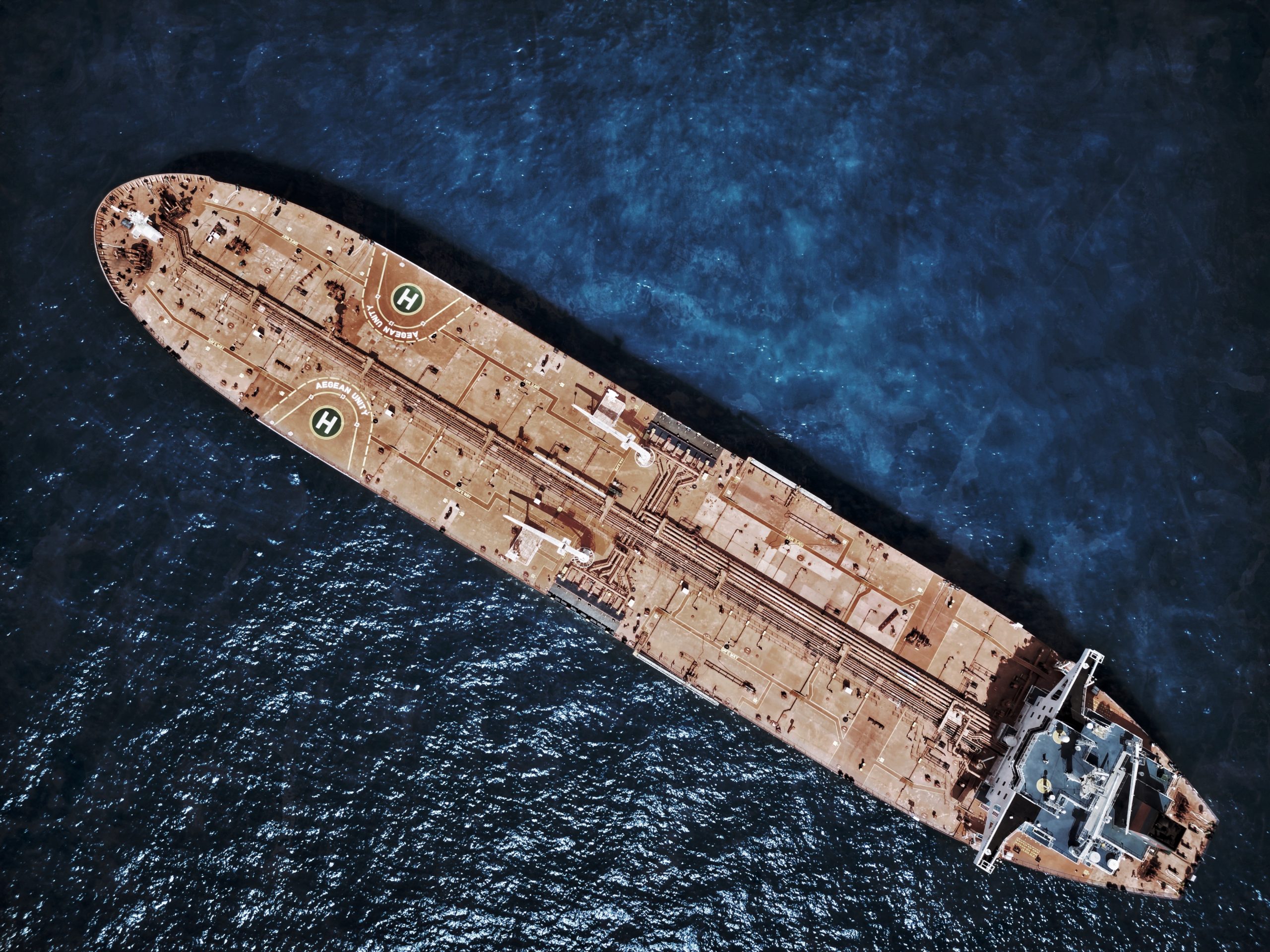In the ever-evolving landscape of healthcare, data security is of paramount importance. As technology continues to shape the industry, healthcare providers must ensure that they are meeting the necessary security standards to protect sensitive patient information. This is where PCI compliance comes into play. PCI compliance, or Payment Card Industry compliance, provides a set of security standards designed to safeguard sensitive data and prevent potential breaches. In this article, we will explore the importance of PCI compliance for healthcare providers and address some frequently asked questions about this crucial topic. By understanding the significance of PCI compliance, healthcare providers can take proactive steps to protect their patients’ information and maintain their reputation as trusted custodians of data.
Understanding PCI Compliance
PCI compliance, or Payment Card Industry compliance, refers to a set of security standards that must be followed by organizations that handle credit card information. These standards were developed by the Payment Card Industry Security Standards Council (PCI SSC) to ensure the protection of cardholder data and prevent security breaches. Compliance with these standards is essential for organizations to demonstrate their commitment to maintaining the security and integrity of sensitive payment card information.
What is PCI Compliance?
PCI compliance encompasses various requirements and best practices that organizations must adhere to in order to protect cardholder data. These requirements include the implementation of robust security measures, conducting regular security assessments, and maintaining secure systems to prevent unauthorized access to sensitive information. Achieving PCI compliance involves a comprehensive evaluation of an organization’s systems, processes, and policies to identify potential vulnerabilities and address them accordingly.

Why is PCI Compliance Important?
PCI compliance is crucial for healthcare organizations due to the sensitive nature of the data they handle. In the healthcare industry, customer payment information is often collected during the process of providing medical services and billing patients. If this information is not properly secured, it can be exploited by cybercriminals, leading to financial loss, legal consequences, and reputational damage.
By achieving PCI compliance, healthcare organizations can demonstrate their commitment to protecting patient data. Compliance contributes to enhanced security measures, protection against data breaches, and increased trust with patients. Non-compliance, on the other hand, can result in severe consequences, including financial penalties and legal implications.
Who Must Comply with PCI Standards?
PCI compliance is mandatory for any organization that processes, stores, or transmits credit card information. This means that virtually all healthcare organizations that accept credit card payments must comply with PCI standards. This includes hospitals, clinics, nursing homes, medical practices, and other healthcare providers who handle payment card information.
Additionally, third-party vendors who handle payment card information on behalf of healthcare organizations, such as billing service providers or payment processors, must also comply with PCI standards. It is crucial for healthcare organizations to ensure that their vendors maintain PCI compliance to protect patient data and prevent potential security risks.

PCI Standards for Healthcare Organizations
Overview of PCI Standards for Healthcare
PCI standards for healthcare organizations revolve around the Payment Card Industry Data Security Standard (PCI DSS). The PCI DSS provides a comprehensive framework for secure payment card processing and includes a set of requirements that organizations must meet to achieve compliance. These requirements cover areas such as network security, data protection, and access controls.
PCI DSS Requirements for Healthcare
The PCI DSS requirements that healthcare organizations must follow include maintaining a secure network, protecting cardholder data, implementing strong access control measures, regularly monitoring and testing networks, and maintaining an information security policy. Each of these requirements is designed to ensure the confidentiality, integrity, and availability of payment card information.
Achieving compliance with these requirements can be challenging for healthcare organizations due to the complex nature of their operations and the sensitivity of the data they handle. However, by implementing the necessary security measures and following best practices, organizations can mitigate risks and ensure the protection of payment card information.
Common Challenges in Achieving Compliance
While achieving PCI compliance is essential for healthcare organizations, there are common challenges that they may encounter during the process. These challenges include:
-
Complex IT infrastructure: Healthcare organizations often have complex IT environments with multiple systems and networks, which can make compliance more difficult. Ensuring that all systems and networks meet the necessary security requirements can be a significant challenge.
-
Staff training and awareness: Properly educating staff about PCI compliance and the importance of data security is crucial. Lack of awareness and training can lead to non-compliance and increase the risk of data breaches.
-
Third-party risk management: Healthcare organizations often rely on third-party vendors for various services, such as payment processing or electronic health record systems. Ensuring that these vendors maintain PCI compliance and adequately protect cardholder data can be a challenge.
-
Consistent security monitoring and testing: Regularly monitoring and testing security measures is a requirement for PCI compliance. This can be challenging for healthcare organizations due to limited resources and the need for specialized expertise.
By understanding these challenges and proactively addressing them, healthcare organizations can navigate the path to PCI compliance more effectively.
Benefits of PCI Compliance for Healthcare Organizations
Enhanced Security Measures
Achieving PCI compliance requires implementing and maintaining robust security measures. This includes having firewalls, secure networks, and strong encryption protocols in place to protect payment card information. By adhering to PCI standards, healthcare organizations can significantly enhance their overall security posture, reducing the risk of unauthorized access and data breaches.
Protection against Data Breaches
Data breaches can have severe consequences for healthcare organizations, both financially and in terms of reputation. PCI compliance helps mitigate these risks by implementing stringent security controls and requirements that aim to prevent unauthorized access to cardholder data. By protecting against data breaches, healthcare organizations can safeguard patient information and minimize the potential legal and financial consequences of a breach.
Maintaining Trust with Patients
Patients trust healthcare organizations with their sensitive personal and financial information. By achieving PCI compliance, healthcare organizations demonstrate their commitment to protecting patient data and maintaining the highest security standards. This can enhance patient trust and confidence, which is vital for building strong patient relationships and fostering a positive reputation in the healthcare industry.
Steps to Achieve PCI Compliance
Achieving PCI compliance involves a series of steps that healthcare organizations must follow to ensure they meet the necessary requirements. These steps include:
Assessing Security Risks and Vulnerabilities
Before implementing security measures, healthcare organizations must conduct a thorough assessment of their current systems, processes, and policies to identify potential vulnerabilities and risks. This assessment involves reviewing network configurations, conducting penetration testing, and assessing employee access controls. By understanding the specific risks, organizations can develop a comprehensive plan to address them effectively.
Implementing and Maintaining Secure Systems
Based on the findings of the security assessment, healthcare organizations must implement necessary security measures and controls to protect cardholder data. This includes implementing firewalls, encryption protocols, and access controls, as well as updating and patching systems regularly to address any vulnerabilities. It is essential to maintain these secure systems and regularly monitor and manage them to ensure ongoing compliance.
Regularly Monitoring and Testing Security Measures
To maintain PCI compliance, healthcare organizations must establish a robust system for continuous monitoring and testing of their security measures. This involves implementing intrusion detection systems, log monitoring, and file integrity monitoring to detect any potential threats or vulnerabilities. Additionally, regular security assessments, vulnerability scanning, and penetration testing should be conducted to identify and address any weaknesses in the system.
By following these steps diligently, healthcare organizations can achieve and maintain PCI compliance, significantly reducing the risk of data breaches and ensuring the protection of cardholder data.
PCI Compliance Checklist for Healthcare
To help healthcare organizations navigate the path to PCI compliance, the following checklist provides an overview of the key requirements for achieving compliance:
Create and Maintain a Secure Network
- Install and maintain a firewall configuration to protect cardholder data.
- Do not use vendor-supplied defaults for system passwords and other security parameters.
- Protect systems against malware by using regularly updated antivirus software.
- Develop and maintain secure systems and applications.
Protect Cardholder Data
- Encrypt cardholder data both during transmission over public networks and while at rest.
- Do not store sensitive authentication data after authorization.
- Implement and maintain secure cryptographic key management.
Implement Strong Access Control Measures
- Restrict access to cardholder data on a need-to-know basis.
- Assign a unique ID to each person with computer access.
- Restrict physical access to cardholder data.
- Regularly identify and authenticate access to system components.
Regularly Monitor and Test Networks
- Track and monitor all access to network resources and cardholder data.
- Regularly test security systems and processes.
- Maintain an updated inventory of system components and vulnerabilities.
Maintain an Information Security Policy
- Implement a policy that addresses information security for all personnel.
- Maintain a program to regularly monitor and manage the policy.
- Conduct regular security awareness training for all employees.
By adhering to these requirements and continuously evaluating their compliance, healthcare organizations can establish a strong foundation for protecting payment card information.

Common PCI Compliance Questions for Healthcare Organizations
What are the consequences of non-compliance?
Non-compliance with PCI standards can have severe consequences for healthcare organizations. These consequences may include financial penalties, loss of ability to process credit card payments, reputational damage, increased scrutiny from regulatory bodies, and potential legal implications.
Who enforces PCI standards?
PCI standards are enforced by the payment card brands, including Visa, Mastercard, American Express, Discover, and JCB. These brands require organizations that process payment card transactions to comply with the PCI DSS. Furthermore, merchant banks and acquirers also play a role in enforcing compliance and may assess penalties or terminate relationships with non-compliant organizations.
Is PCI compliance a one-time process?
No, PCI compliance is not a one-time process but an ongoing commitment. Achieving and maintaining PCI compliance requires continuous monitoring, testing, and updating of security measures to address new threats and vulnerabilities. Regular assessments, vulnerability scans, and penetration testing should be conducted to ensure ongoing compliance with the PCI DSS.
What are the penalties for a data breach?
The penalties for a data breach can vary depending on the scale and severity of the breach, as well as the applicable laws and regulations. In addition to potential financial losses and legal ramifications, healthcare organizations may face reputational damage, loss of customer trust, and lawsuits from affected individuals.
Can third-party vendors impact PCI compliance?
Yes, third-party vendors can have a significant impact on PCI compliance for healthcare organizations. When engaging third-party vendors, it is essential to ensure that they maintain PCI compliance and adequately protect cardholder data. Healthcare organizations should carefully assess the security practices and controls of their vendors and include specific requirements related to PCI compliance in contractual agreements.
By understanding these FAQs and taking the necessary steps to achieve and maintain PCI compliance, healthcare organizations can protect both their patients’ data and their own reputation.
